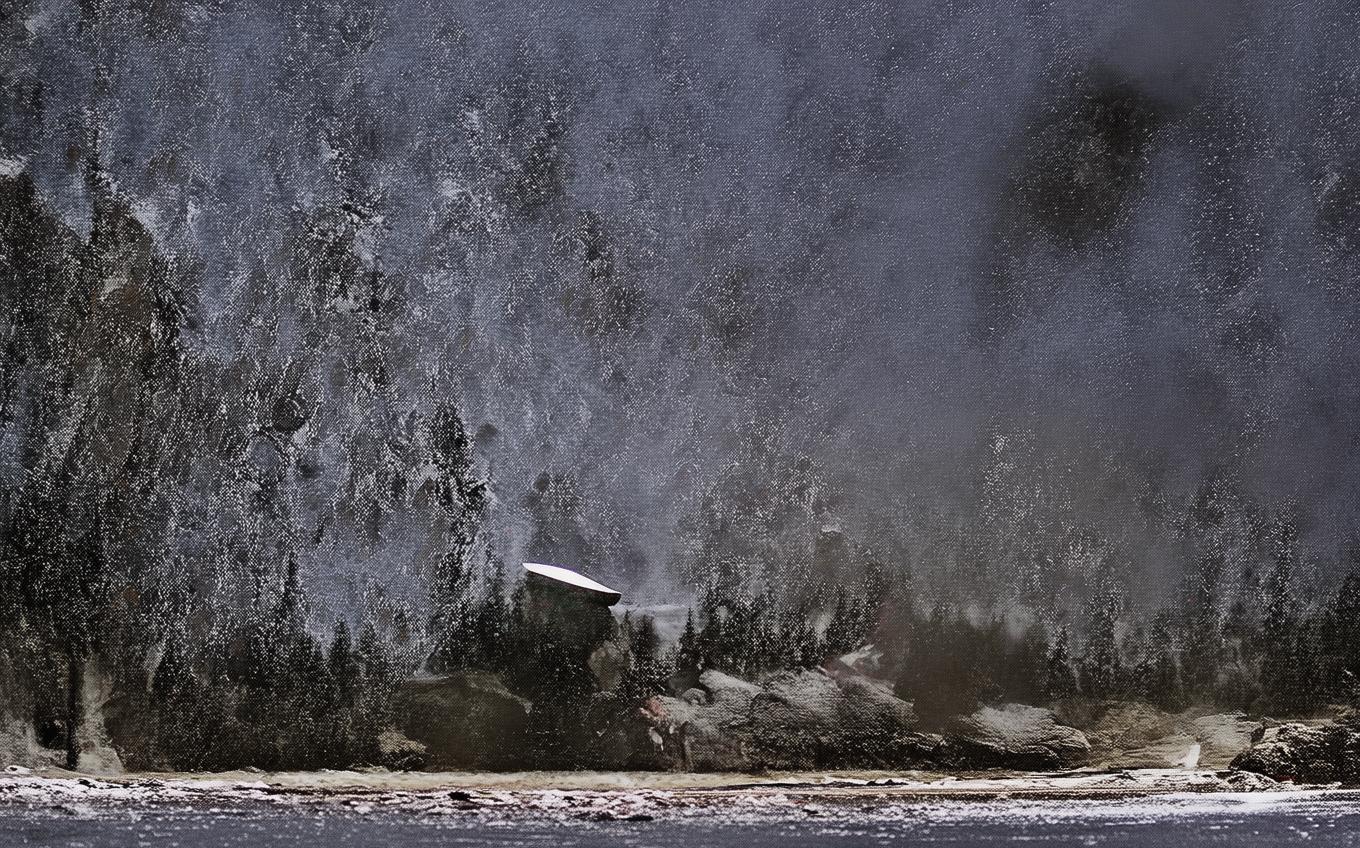Analysis of "江南逢李逢年" - Classical Chinese Poetry
Introduction
The poem "江南逢李龟年" (Jiāngnán féng Lǐ Guīnián) was written by the renowned Tang Dynasty poet Du Fu (712-770 AD), often called the "Poet Sage" of Chinese literature. This work was composed during Du Fu's later years when he wandered through southern China after the devastating An Lushan Rebellion (755-763 AD). The poem captures a chance meeting with Li Guinian, a famous court musician from the golden age of Emperor Xuanzong's reign, reflecting on the dramatic changes brought by war and time. Considered one of Du Fu's most poignant works, it masterfully conveys nostalgia and the transience of human glory through simple yet profound imagery.
The Poem: Full Text and Translation
岐王宅里寻常见
Qí wáng zhái lǐ xúncháng jiàn
In Prince Qi's mansion we often met
崔九堂前几度闻
Cuī Jiǔ táng qián jǐ dù wén
Before Cui Di's hall I heard you sing many times
正是江南好风景
Zhèng shì jiāngnán hǎo fēngjǐng
Now in Jiangnan when scenery is finest
落花时节又逢君
Luòhuā shíjié yòu féng jūn
We meet again as flowers fall in their season
Line-by-Line Analysis
Lines 1-2:
Du Fu begins by recalling the glorious past when both he and Li Guinian moved in elite circles. "Prince Qi's mansion" and "Cui Di's hall" refer to the cultural hubs of Chang'an (the Tang capital) where aristocrats patronized the arts. The repetition of "often met" and "heard you sing many times" establishes a rhythm of nostalgia, emphasizing how these were regular occurrences in better days.
Lines 3-4:
The tone shifts dramatically to the present. "Jiangnan" (south of the Yangtze) symbolizes both physical displacement and emotional distance from their former lives. The "finest scenery" ironically contrasts with their reduced circumstances. The famous closing image of "flowers falling" operates on multiple levels: it's literally spring's end, metaphorically their faded youth, and symbolically the fallen Tang Dynasty.
Themes and Symbolism
Transience of Glory:
The poem contrasts past splendor with present decline through architectural symbols (Prince Qi's mansion vs. unnamed Jiangnan location) and seasonal imagery (permanent "hall" vs. ephemeral "falling flowers").
Fragility of Human Connections:
The word "又逢君" (meet again) carries bittersweet weight - their reunion underscores how much has been lost since their last meeting in Chang'an's golden age.
Nature's Indifference:
The "finest scenery" continues unaffected by human suffering, a classic Chinese poetic technique using nature to emphasize life's impermanence.
Cultural Context
This poem exemplifies huai旧 (huái jiù) literature - works mourning the past that became prevalent after the An Lushan Rebellion, which killed millions and shattered Tang prosperity. The figures mentioned represent what was lost:
- Li Guinian: The most celebrated musician of his era, whose fate mirrored the dynasty's fall
- Prince Qi & Cui Di: Patrons representing the refined court culture destroyed by war
The closing flower imagery connects to Buddhist concepts of impermanence and the Confucian ideal of finding meaning in human relationships despite change. Du Fu's ability to convey profound historical shifts through personal encounters made him China's first poet-historian.
Conclusion
"江南逢李龟年" achieves remarkable emotional depth in just 28 characters. Its power lies in the unspoken contrast between what is described (a spring reunion) and what is implied (the end of an era). For modern readers, the poem offers a timeless meditation on how we process loss and find dignity in changed circumstances. The falling petals become universal symbols - beautiful precisely because they cannot last, much like the fleeting moments of human connection that sustain us through life's upheavals. Du Fu's genius was transforming a casual encounter into an elegy for civilization itself, reminding us that great poetry often speaks loudest through quietest moments.




Comments (0)
No comments yet. Be the first to comment!